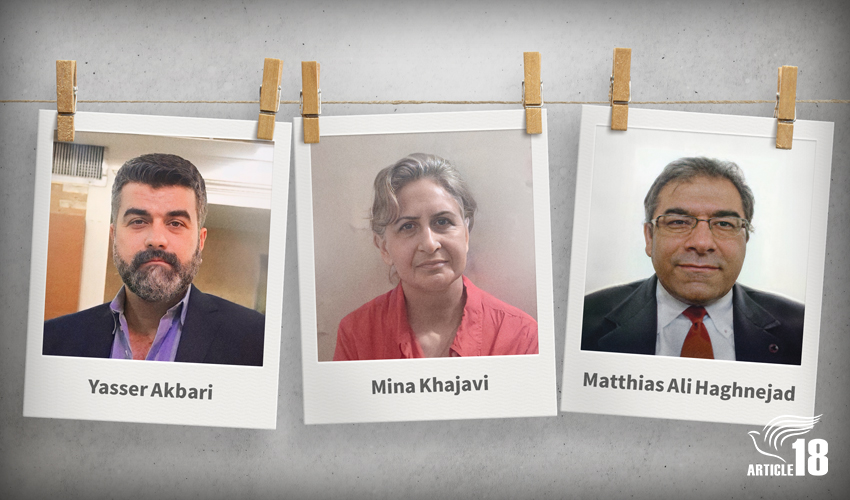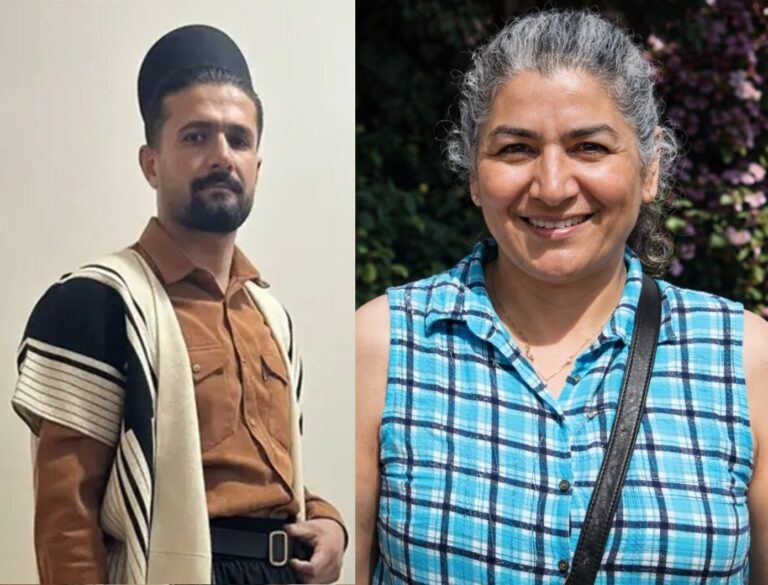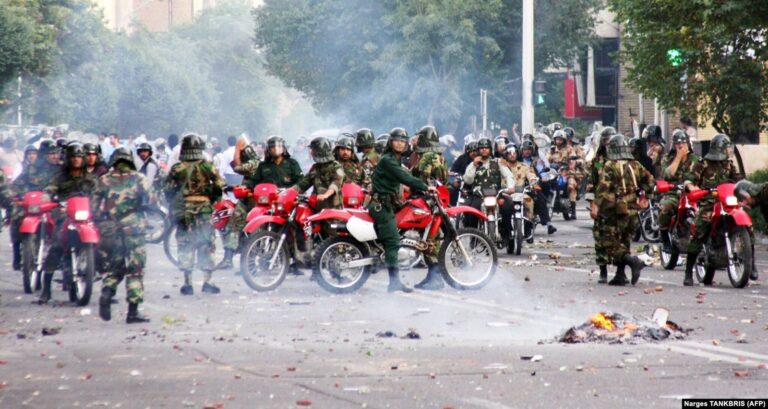
Three prisoners of conscience convicted on charges related to Christianity have been sponsored by German politicians.
Mina Khajavi, Mehdi (Yasser) Akbari and Abdolreza (Matthias) Ali-Haghnejad, who are serving a combined 22 years in prison as a result of their involvement in house-churches*, have been sponsored by representatives of the Greens and SPD parties, respectively.
The politicians explained the reasoning behind their sponsorships on social media.
Firstly, on 30 March, Greens representative Gudrun Schittek took to Instagram and X to “demand Mina’s immediate release” and “the release of all prisoners in Iran who are imprisoned because of their religion, such as Christians, Baha’i or members of other religions”.
#MinaKhajavi #مینا_خواجوی iranische Christin ist seit 2020 in Haft weil sie ihren christlichen Glauben praktizieren will. Vom 🇮🇷iranischen Mullah Regime werden Andersgläubige verfolgt. Ich habe die politische Patenschaft für ihre Freilassung übernommen. @HawarPaten pic.twitter.com/7YuVJ2CV42
— Gudrun Schittek (@GSchittek) March 30, 2024
On 5 April, fellow Greens politician Dorothea Deppermann said that by sponsoring Yasser, she was “strongly committed to advocating for his personal freedom and also the end of the systematic oppression of the unjust regime in Iran”.
“This sponsorship not only symbolises my personal support for Mehdi, but also the larger fight against violations of human rights in Iran,” she said. “We must raise awareness, increase pressure on the international community, and mobilise the necessary support to ensure justice is achieved for Mehdi and many others who suffering in similar conditions.”
https://www.instagram.com/p/C5X9iLrNvGv/
And on the same day, Social Democratic Party of Germany (SPD) representative Sarah Timmann posted a picture of her and colleague Sven Tode outside the Iranian embassy, announcing their sponsorship of Matthias and calling on the ambassador of the Islamic Republic in Germany “to lobby the Iranian authorities for his immediate release”.
https://www.instagram.com/p/C5YJo-rNmhX/?igsh=MXc3eXR0aG82ZDYyaw%3D%3D
*In Iran, the majority of Christians are converts from Muslim backgrounds, whose conversions are unrecognised by the state. They are therefore not permitted to attend the churches of the recognised Christians of Armenian and Assyrian origin, so meet together in their homes in what have become known as “house-churches”. But even though the activities of these “house-churches” are no different from other churches, they have been branded “enemy groups” by the Iranian authorities, and members are routinely arrested and charged with “acting against national security”.



0 Comments
Trackbacks/Pingbacks